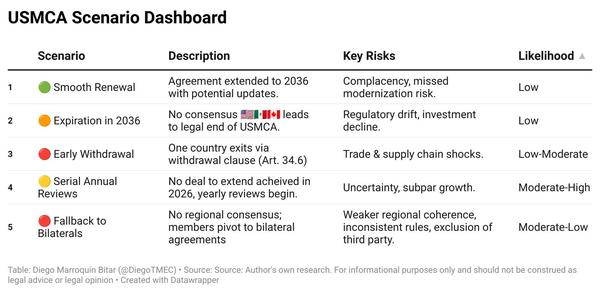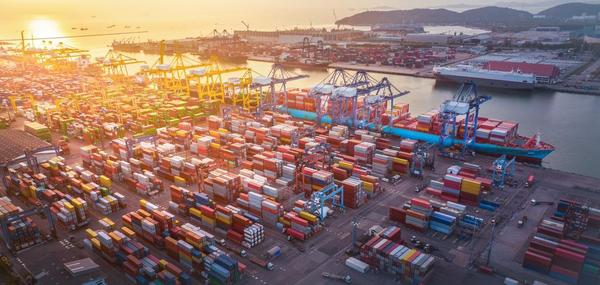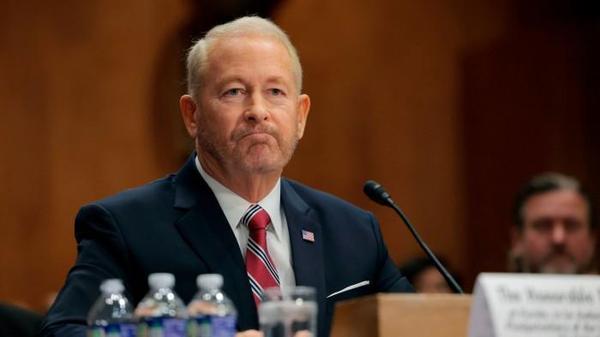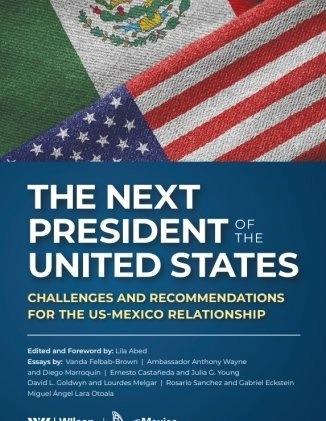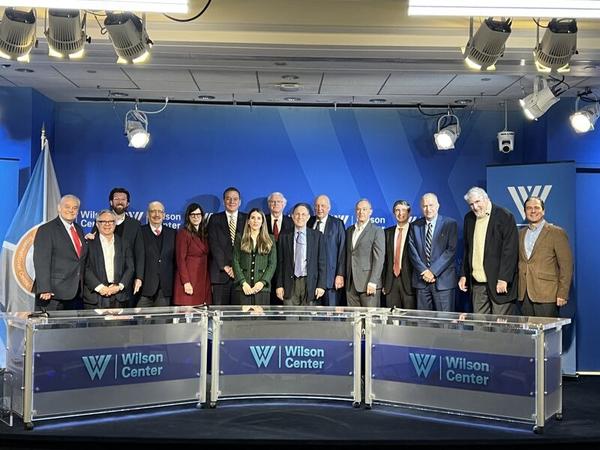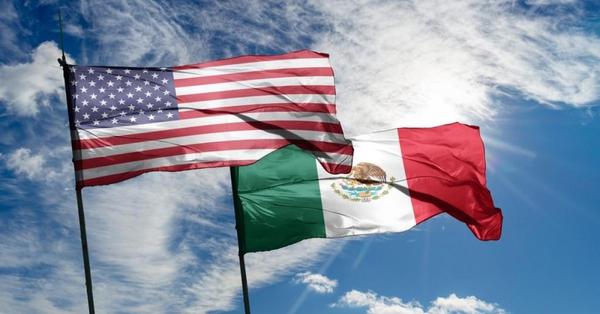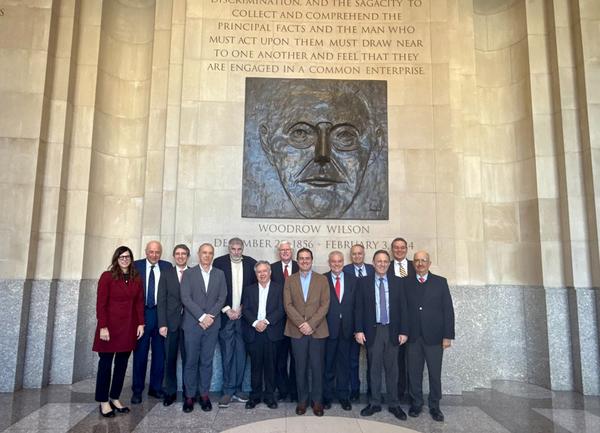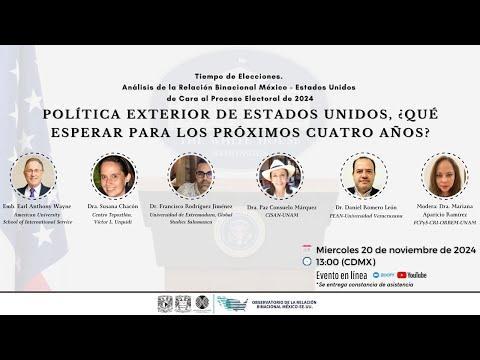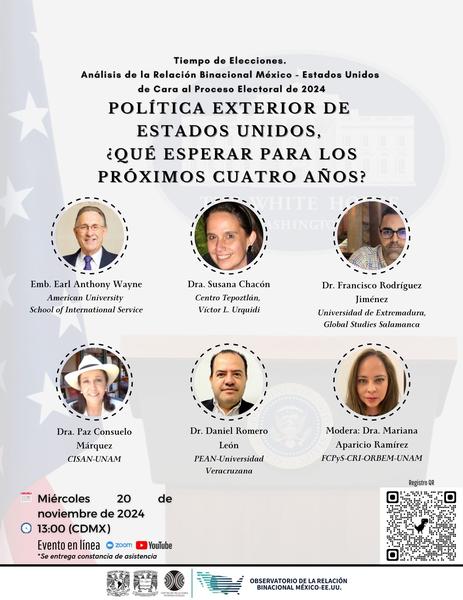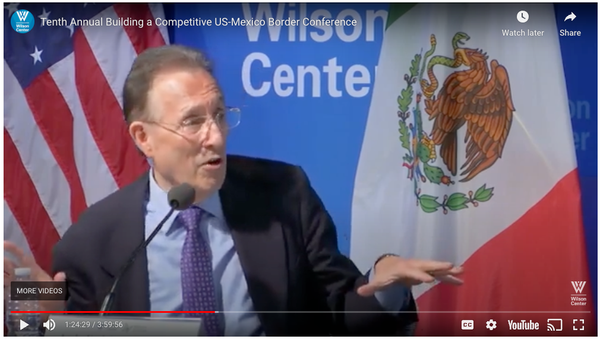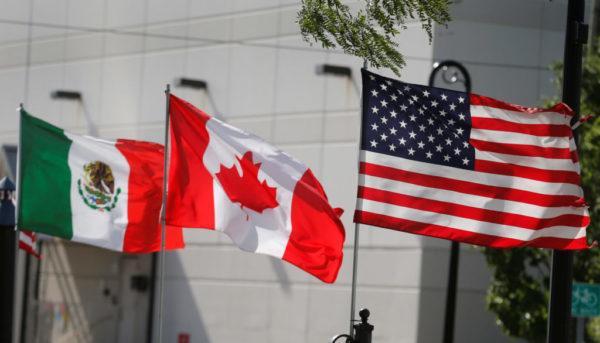American University Diplomacy Lab
•
May 15 2025
Attracting And Retaining Highly Skilled Foreign Workers And Investors - Analyzing The Economic And Diplomatic Impact Of Domestic Visa Renewals
Attracting And Retaining Highly Skilled Foreign Workers And Investors - Analyzing The U.S. Economic And Diplomatic Impact Of Domestic Renewal For H-1B And Other Skilled Worker And Investor Visas
By: Lurilla Bereveskos, Morissa Lambert, Declan Miller, Ally Moore, Arvin Salonga,
and Katie Yoo
Supervised by Earl Anthony Wayne, Professor
Department of State Diplomacy Lab: SISU-419-005
May 2025
EXECUTIVE SUMMARY
This report on the anticipated effects of an expanded domestic renewal program for highly skilled worker visas reveals that the initiative would have significant tangible and psychological benefits across a range of stakeholders, including visa holders, corporations, and foreign nations, and the U.S. economy at large.
The data presented in this report, which supports this conclusion, includes extensive quantitative data as well as interviews with diplomatic representatives, visa holders, HR personnel, immigration experts, and immigration attorneys.
The benefits the data revealed varied by stakeholder, but the most crucial findings are summarized as follows:
●
For visa holders, domestic renewal will lead to savings of an estimated $5,000-10,000 per renewal cycle as well as a substantial decrease in stress and anxiety.
●
Medium to large corporations that employ a large number of visa holders stand to save an excess of $1 million and potentially more due to the foregone loss in worker productivity.
●
Foreign nations, including Mexico, Brazil, and the Philippines, would benefit from the increased ease of processing given the large number of visa holders from each of these countries. There is also reason to believe that U.S. bilateral relations with such nations
could see a minor positive benefit. These nations will also benefit from the program by virtue of uninterrupted remittances and decreased visa processing backlog.
●
The U.S. economy is expected to profit based on the findings that visa holders positively contribute to U.S. jobs and facilitate an increase in GDP such that these economic benefits can be expected to be further compounded if worker productivity is not
interrupted for foreign travel.
While these findings indicate that domestic visa renewal would benefit all visa categories substantially, the report does identify a ranking for prioritization. Based upon the consideration of the economic impact, expert opinions, the number of visa holders in each category, and other
relevant concerns, the report recommends preference for H-1B holders as well as L holders first,
followed by E and O, and eventually P and I visas.
The conclusion of this report provides further
recommendations for the increased efficiency within the visa renewal process, including with respect to the finer details of the implementation of the domestic visa renewal program.
Specifically, the report urges that as part of the program's implementation, it should allow for U.S.-based payment methods and ensure all relevant information regarding how to successfully complete the renewal process is readily available online to applicants.
This report acknowledges limitations stemming from sparse available data and difficulties acquiring interviews due to privacy concerns; however, it represents a current best estimate of the aggregate effects of the domestic visa renewal program as well as a best current
understanding of what policy choices would allow for the program’s smoothest implementation.
Further limitations of our research can be found in Appendix A.1.
Additionally, it should be noted that several visa holders and employers agreed to participate in
our interviews on the condition of anonymity. Therefore, they will be identified throughout this
report by their visa category (e.g., "[type of visa] visa holder" or “employer from industry [X]”).
